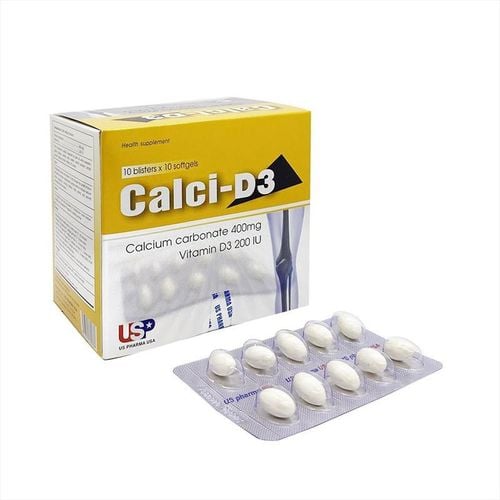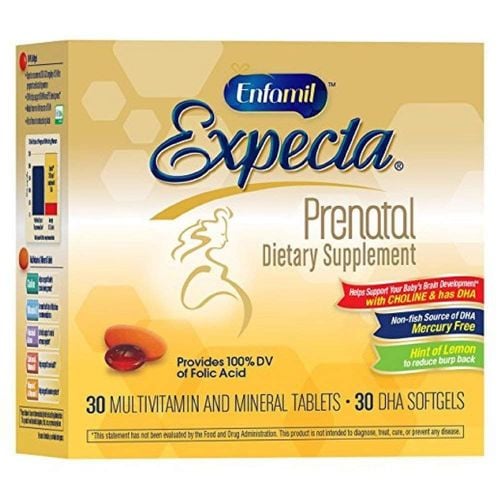This is an automatically translated article.
The article is professionally consulted by Master, Doctor Vu Quoc Anh - Pediatrician - Department of Pediatrics - Neonatology, Vinmec Da Nang International General Hospital.Micronutrient deficiencies in children are caused by many factors. Children with micronutrient deficiencies can have serious effects on health and development. So how to prevent children from micronutrient deficiency?
Micronutrients are divided into two groups: minerals including iron, zinc, calcium, phosphorus, copper, iodine, selenium, ... and vitamins such as vitamins A, C, E, D, B, . .. For children, micronutrients play an important role for children to develop both physically and intellectually and to help them stay healthy and prevent diseases.
The child's body cannot synthesize micronutrients on its own, but must be supplemented from the daily diet. However, for a variety of reasons, children may not be getting enough of the micronutrients they need to meet their body's needs.
1. Causes of micronutrient deficiency in children
Micronutrient deficiency in children is a condition in which children are deficient in minerals and vitamins important to health, occurring on a community scale, usually vitamin A, iodine, iron, zinc, and folic acid.
There are many causes of micronutrient deficiency disease in children, specifically:
Zinc deficiency: Pregnant mothers have zinc deficiency, infants are not breastfed, children eat less meat, children's diets poor. Iron deficiency: Pregnant mothers have iron deficiency, premature babies, low birth weight, babies using cow's milk early (before 12 months of age), due to changes in behavioral and neurological development. Deficiency of vitamin A, vitamin D: The child is not exclusively breastfed (the child does not drink milk, eat solid foods early) or does not breastfeed. In addition, geographical and regional factors also greatly affect the diet and micronutrient deficiency in children.

Chế độ ăn uống nghèo nàn là một trong những nguyên nhân gây ra bệnh thiếu vi chất dinh dưỡng ở trẻ em
2. Fortified foods supplement children with micronutrient deficiencies
Micronutrient deficiency in children can cause iron deficiency anemia, rickets due to vitamin D and calcium deficiency, iodine deficiency goiter, malnutrition and resistance decline due to zinc deficiency and eye diseases due to deficiency. vitamin A.Here are some suggestions for foods to help increase micronutrients for children:
Zinc: Zinc is found in meat, liver, seafood, eggs, milk, whole grains. . Zinc is essential for the production, growth and repair of cells, and helps strengthen the immune system. Children who are deficient in micronutrients such as zinc may have anorexia, slow growth, and are susceptible to infectious diseases. Iron: Iron is found in red meats (beef, lamb, ...), dark green vegetables, eggs, and grains. Iron helps prevent iron deficiency anemia, supports brain development and strengthens the immune system. Children with iron deficiency can lead to anemia, retarded brain development, impaired resistance. Calcium: Calcium is found in salmon, sardines, tofu, milk and dairy products, cabbage... Calcium helps bones and teeth stay strong, supports antibodies to work to protect the body and nervous system. Children with a micronutrient deficiency of calcium can lead to rickets, growth retardation. Vitamin A: Vitamin A is abundant in yellow and dark green vegetables such as pumpkin, carrots, tomatoes, ... Vitamin A is very important for eyes and skin. Children with vitamin A deficiency can experience dry eyes and eye diseases such as blindness. Vitamin C: Vitamin C is found in many fruits and vegetables such as oranges, lemons, grapefruits, strawberries, and broccoli. Vitamin C helps to prevent oxidation, form collagen for firm skin, strengthen teeth and gums, absorb iron and enhance the body's ability to fight infections. Children who are deficient in micronutrients such as vitamin C will have reduced resistance. Vitamin D: Vitamin D is found in salmon, liver, eggs, cheese, margarine. Vitamin D promotes absorption and use of calcium and phosphorus for strong bones and teeth. Children with vitamin D deficiency may have rickets and jaundice.

Các loại thực phẩm tăng cường bổ sung cho trẻ bị thiếu vi chất dinh dưỡng
3. Preventing children from micronutrient deficiency with LaminKid health protection food
To prevent micronutrient deficiency in children, it is advisable to start from the fetal stage with adequate nutrition for mother and fetus. After birth, in the first 6 months of life, babies need to be exclusively breastfed and mothers need to pay attention to eating enough foods and synthetic supplements to provide their babies with a rich source of nutritious breast milk.From the age of 6 months, babies are given solid foods to supplement the source of micronutrients besides breast milk. Children's daily diet needs to ensure 4 main groups of substances: starch, protein, sugar and fat, the menu needs to be varied to meet the needs as well as prevent micronutrient deficiency in children. .
Children with micronutrient deficiencies can be due to deficiencies from the fetal stage leading to premature birth, low birth weight. After birth, children are not exclusively breastfed for the first 6 months of life, weaning too early and a poor diet in later life.
When the cause of micronutrient deficiency is known in children and the role of micronutrients in the child's development. Parents should pay attention to adequate nutrition to ensure the best development in children at each stage.
Please accompany your child throughout the development process and regularly visit the website vimec.com to update useful baby care information.














